Amidst chocolate hearts and Cupid’s arrows, Lecturer Tom Shippey gave fantasy lovers an additional reason to rejoice on Valentine’s day. His talk Heroes for Our Time: Frodo Baggins and Harry Potter posited that Frodo Baggins and Harry Potter are modern heroes who reflect the ideas and values of society post WWI and WWII.
The philologist, specializing in English and Scandinavian medieval literature, is one of the most eminent Tolkien scholars of this century. Amongst his many academic forays, Shippey consulted with Peter Jackson on the Lord of the Rings Trilogy. He is a researcher, a teacher, and writer of science fiction and fantasy; he believes that both genres excellently mirror a culture’s questions, fears and tensions.
Shippey started his speech by displaying a list of 24 heroes ranging from Odysseus to Lisbeth Salander. He noted the way heroes come in many shapes and variations.
“What is a hero?” he asked the audience.
For a classical definition, and the origin of the word, Shippey turned to the Oxford English Dictionary. According to the OED, a hero is:
“A name given (as in Homer) to men of superhuman strength, courage, or ability, favored by the gods; at a later time regarded as intermediate between gods and me.”
The OED definition of heroism recalls epic figures such as Beowulf or Odysseus, Hercules or the Knights of the Round Table. These warriors had amazing upper body strength; they lived by a strong code of ethics; they fought for honor, glory and the good of their community.
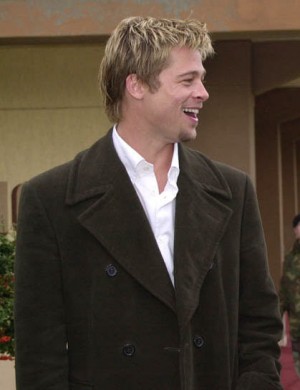
Shippey argued that in the Lord of the Rings and The Hobbit, Tolkien created a civilian hero–a solitary and burdened figure who fights because he must.
In the LOTR trilogy, the word hero is used jokingly or nostalgically. “It’s a golden standard, an ideal that resides in the past,” Shippey explained. “Sam and Frodo sit around a fire laughing at the idea that they could one day be heroes—Samwise the Brave, Frodo the most famousest of hobbits—when, in fact, they are.”
Shippey argued that Tolkien’s civilian hero stemmed from his personal experiences in WWI. Tolkien and his classmates served in the British army and two of his good friends died in battle.
“Neither of these deaths,” Shippey remarked “was ‘heroic.’ Tolkien’s two friends, along with so many other men, died with little dignity because of guns and gas. Their deaths were impersonal and in great numbers.”
Tolkien absorbed all this, and when he created the Lord of the Rings he made the unassuming hobbit the hero. Amidst powerful dwarves, men, and elves, the hobbit’s exceptional courage, his good will toward his fellows, and his ability to rise to difficult circumstances are his virtues. Like so many soldiers in WWI and WWII, Frodo, Bilbo, and Sam are isolated and unsure of their worth. Called to battle because of duty, not desire, they rise heroically to the occasion and march forwards.
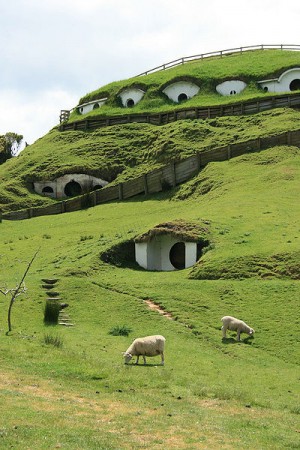
Shippey then moved on to the Harry Potter series and discussed another type of hero—the whistleblower.
“Harry Potter,” Shippey explained, “is an even more modern type of hero. Harry is a whistleblower hero. He fights a two fronted war, one against Lord Voldemort—bah! I’m not afraid to say his name—and a less obvious war against the the Ministry of Magic. In addition to fighting the forces of evil Harry must fight for the truth against the sludge of government lies and corruption.”
Harry Potter, Shippey argued, is a response to the rise of centralized governments and a critique of smarmy politicians who spin, or flatly deny, the truth for their own personal gain.
Harry opts for the truth instead of being a “celebrity hero,” a poster-boy endorsed by the ministry. Because he decides not to be “a mushroom—kept in the dark and fed on bullshit,” as Shippey so eloquently put it, the ministry shuns Harry. Harry must sadly turn to papers such as the Quibbler to get his voice heard.
And though a vindicated Harry defeats his foes in the end, what shall society do in the face of real government corruption? How shall it react to impersonal warfare and horrific violence?
Frodo Baggins gave the drafted soldier a hero to believe in, while Harry Potter revealed cultural concerns about the trustworthiness of the state. If, as Shippey argued, the archetype of the hero reveals what society values, then many more questions arise.
Do Katniss Everdeen and Lisbeth Salander signify the rise of the heroine? Do the anti-heroes in shows such as Breaking Bad and House of Cards indicate society’s changing attitudes toward men? Is someone like Edward Snowden a modern day hero or a traitor?
And lastly, what is in the British island air that makes their literature so wonderful?

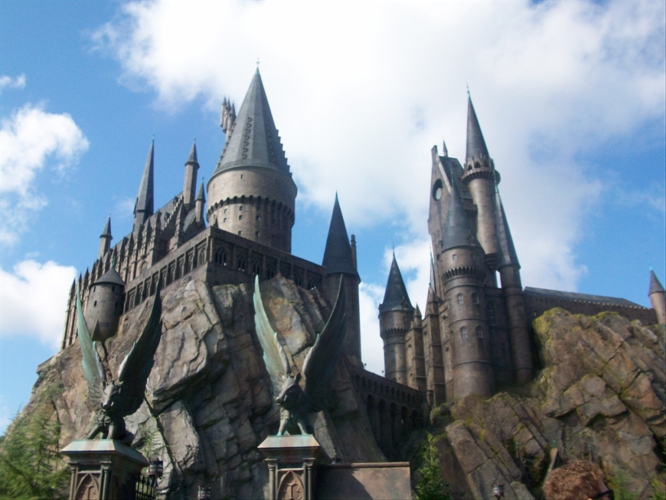

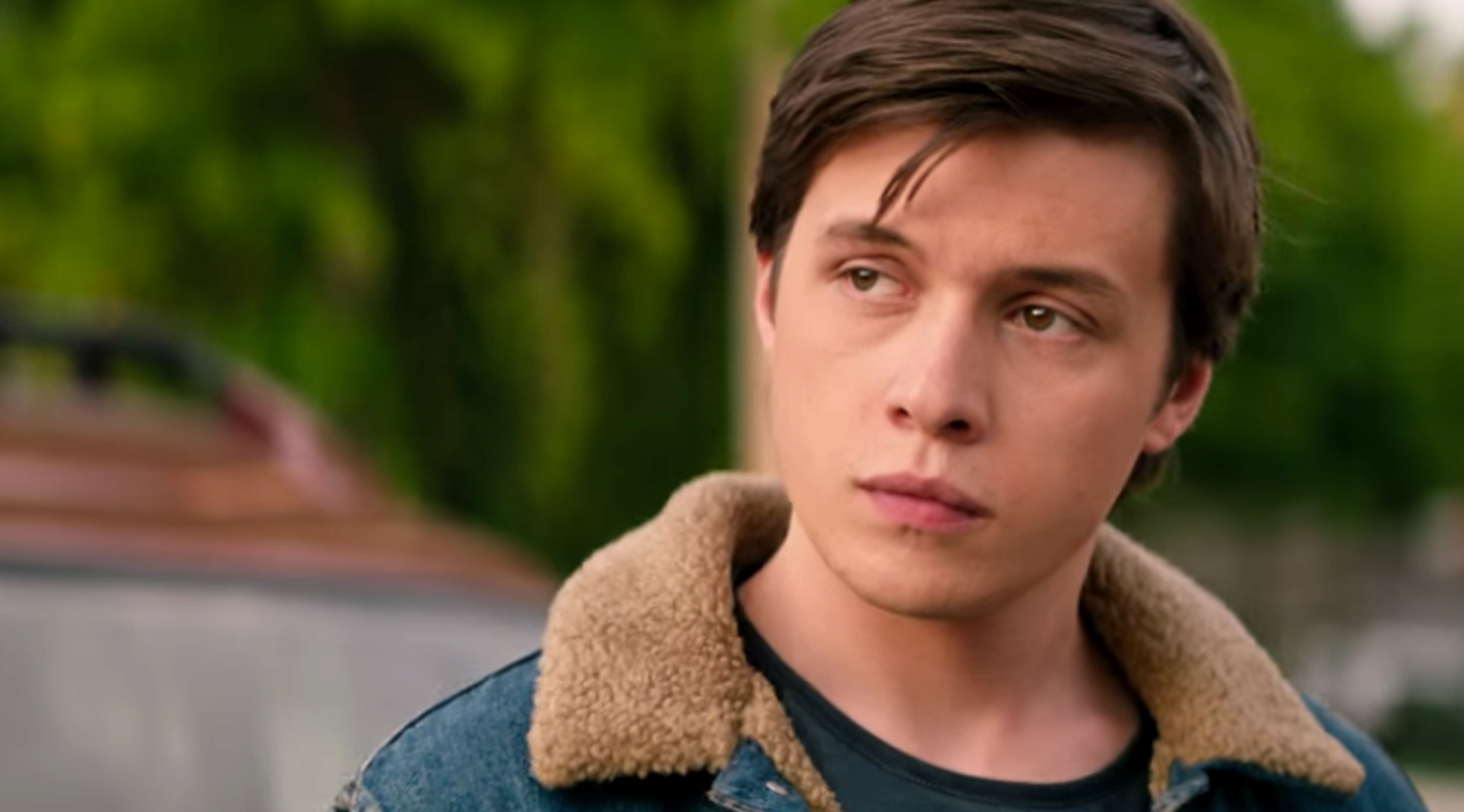
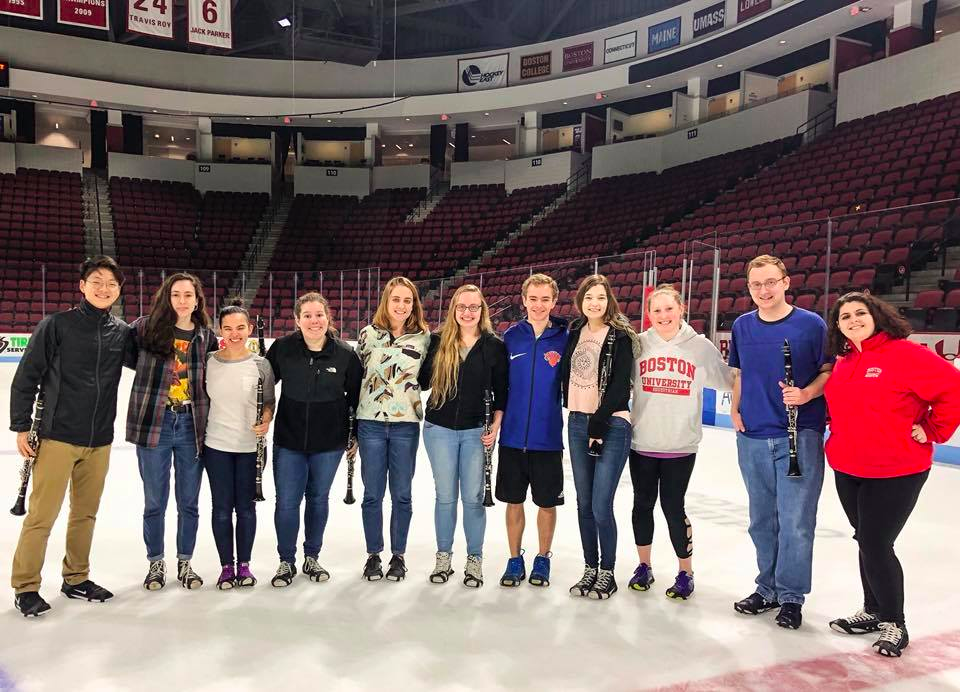
Would you have a copy of the text of the lecture, Corinne?